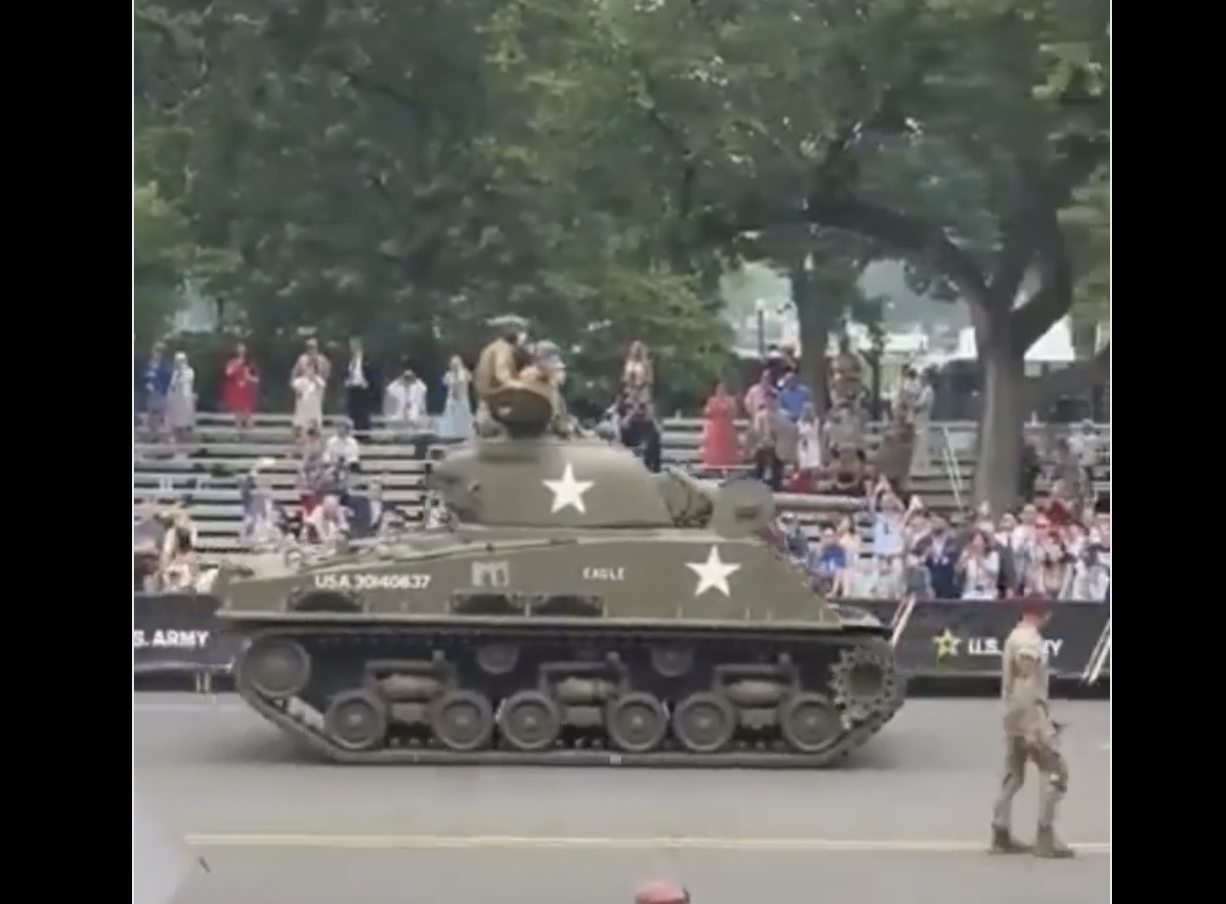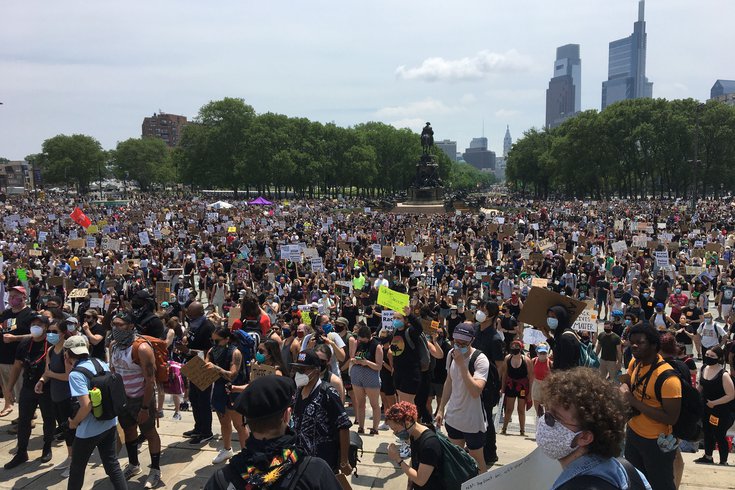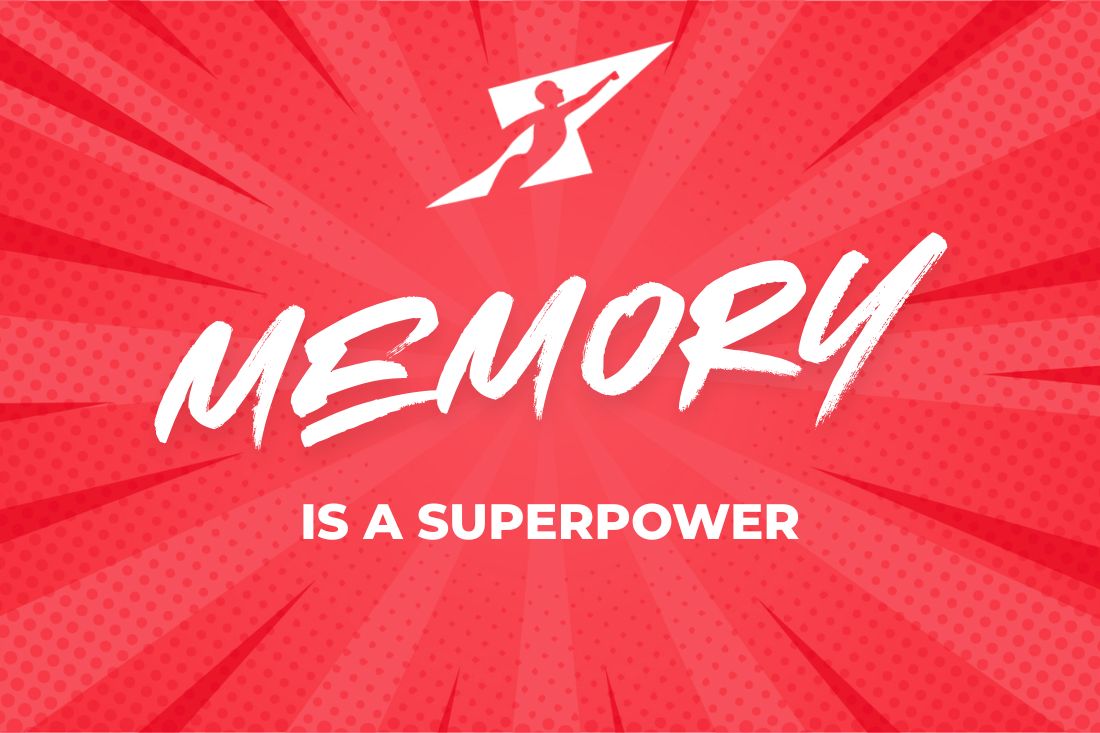Memory is a Superpower
✉️ Get the Infinite Impact
Join thousands getting weekly wisdom on unlocking hidden potential, building meta-abilities, and creating meaningful change through practical frameworks you can use immediately.
“You see, I have this condition…”
Memento (2000) is a movie about the distinction between memory and information, how these factors work together to shape our identity.
I’ve been thinking a lot about the concept of memory lately, spurred partly by a recent rewatch of Memento, and partly by the annual celebration of Memorial Day.
Our memory plays a critical role in our understanding of the world.
It’s what enables us to build an enduring connection with others.
It’s essential for learning and growth.
So, today, let’s look at Memory and why understanding it and improving it, is a superpower.
According to Eyewitness Testimony
Eyewitness testimony has been shown to be among the most persuasive forms of evidences.
Yet, extensive research has shown its accuracy to be most often described as “dubious.”
du·bi·ous /ˈdo͞obēəs/
not to be relied upon; suspect
The reasons our memories cannot be relied upon, are numerous. Most importantly is the reality that our minds are not video recorders. Our experiences are not transcoded from analog information into archival digital data. We construct our memory from countless fragments, and that information is open to error, influence, and manipulation.
Get in the time machine…
I was born in the 80’s. The first President of the United States, that I knew of, was Ronald Reagan. His picture was hanging up in my classrooms. He was presented as a larger than life figure on television.
I remember thinking, as a kid, that he must be the greatest person alive. 😂😂😂
I’m in my 40’s now. I have learned so much about the devastating impacts of the Reagan Presidency — much of which we are still living with today.
Luckily, our Memory is malleable.
What was once fact, has been updated with new information and associations. If I couldn’t overwrite my memory, I might’ve been stuck believing a false narrative from my childhood.
However, that same ability to rewrite old memories can be weaponized by withholding information or introducing misinformation.
Dissonance
I always find military holidays jarring.
On the one hand, I deeply respect anyone with the willingness to give everything, up to and including their lives, to protect others. In it’s purest form, it’s noble and heroic.
And yet, I’m also keenly aware that our military has rarely been called upon to protect others, in the last century. More often, they have been the violent force used to “protect America’s interests.” These interests seem to mostly include our “right” to go anywhere we want, at any time we want, to take whatever we want, or impose whatever we want.
It takes an extraordinary act of mental gymnastics to bring these two ideas into alignment.
Unless you build a system of reinforcing mechanisms to control the mental frame.
“The Ultimate Sacrifice”
Memorial Day asks us to honor and mourn the U.S. military personnel who died while serving in the United States Armed Forces. Its a day of remembrance for those who made “the ultimate sacrifice” for the nation.
That ultimate sacrifice is presented as a consequence without a causal event. Each sacrifice justified by the mere existance of a conflict with a name (Vietnam War, The War on Terror) or patriotic operation (Enduring Freedom, Desert Storm), devoid of any details about its original mission or intent.
Because if we remembered the cause of these sacrifices , it might change what we support moving forward. We might start wondering if it was worth these citizens giving their lives, not to protect, but to impose our agenda elsewhere. We might start to remember that so many more innocent humans died in our pursuit of that agenda.
So, the information is tightly managed. The framing is rigidly preserved.
And as a result, the memory is manipulated.
The Fight For Memory
Despite everything our memories still serve as one of our most powerful tools. It’s why we cling to phrases like “Never Forget.” Because we know that what we remember, shapes the future.
And so, there are a few ways we can fight to preserve our memory.
We can improve it, we can defend it, and we can support it.
Memory Training
One of the best books I’ve read on the subject of memory training is called Unlimited Memory by Kevin Horsley (2013 World Memory Record Holder).
In this book, the author dispels the myth of memory being something you either are or are not born with. While there are conditions that limit and enhance someone’s capacity for memory, the underlying idea is that nearly everyone can improve their memory with techniques and training.
This book can teach you the techniques to remember information more reliably.
External Memory
The second method of enhancing memory is to do what we’ve been doing since the invention of writing: externalizing information.
While this does not guarantee the accuracy of what has been captured, it does allow for the information to be preserved as close to the moment as possible. Today, we have the ability to write, as well as record audio and video. While AI threatens to undermine our ability to verify the authenticity of such records in the future, recording information outside of our minds, still offers somerthing more tangible, transferrable and reliable than our personal recollection — which can degrade over time.
For me, I built a system in Notion called The SuperBrain OS with a robust memory including:
- An Update Feed for remembering date based events and decisions
- A Names to Remember database for quick access to connect names to faces
- A Where did I put database for tracking those things that you put somewhere and swear you’ll actually remember.
- An Accomplishments and Regrets database that helps us remember our best and worst moments on a timeline, so we can celebrate ourselves, and make amends.
I rely heavily on systems to support my memory. We have more tools than ever to ensure we have a place to capture and store, what we want to retrieve.
Delete & Archive
If what we remember shapes our world, then what we forget does as well.
To a certain extent, you get to decide how you will train your memory.
This is why the best athletes focus on the shot they are taking, instead of the last one they missed.
Choosing to focus on our wins can help us to let go of the times we lost.
What will you remember?
Every published record, is a contribution to the collective memory. The more entries we have the corroborate an event, the more likely it is that we can triangulate our way to the truth.
On June 14th, in roughly 2,000 locations across the country, estimates ranging from 4-11 million people turned out to protest the policies and actions of 47th President Donald Trump.
At the same time, estimates show that fewer than 100,000 people showed up to the Military Parade put on by the Trump administration in Washington DC.

For reference, in just Philadelphia, nearly 80,000 people showed up to protest the Trump administration.

I hope they remember you
In parting for this post, I offer one more idea for you to remember.
Our willingness to put ourselves out there, in writing and other forms, is another method of creating memory. Each of us is a legacy, and our words and actions will build it, brick by brick. If you haven’t started building it consciously yet, I hope you start.
We all have the opportunity to take an active role in our memory. Both what we remember, and how we wish to be remembered.
I hope you enjoyed this post!
If you liked this post, then you will LOVE my newsletter (The Infinite Impact)
and my learning community (The Superhero Institute).


